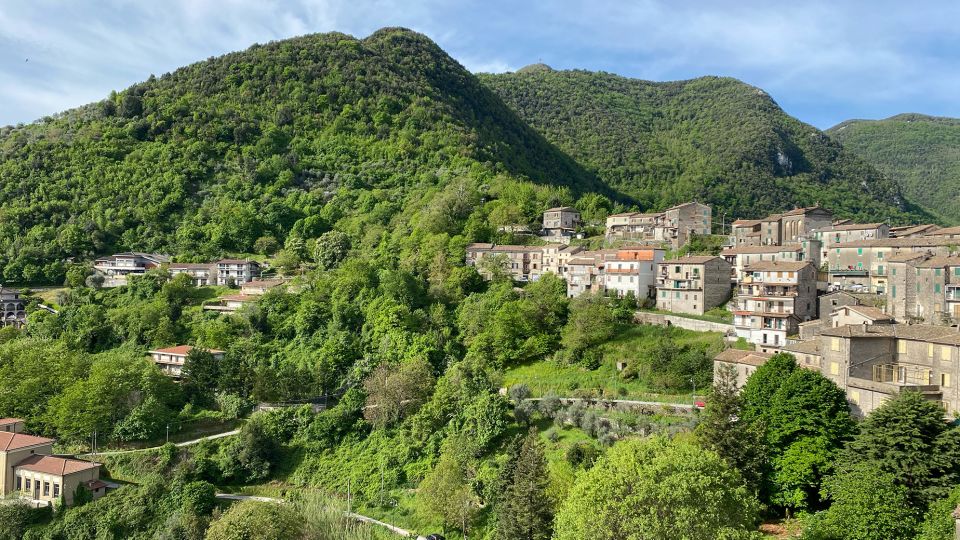Italy’s one-euro home sales have captured the interest of many individuals in recent years, with towns like Mussomeli and Zungoli successfully selling abandoned properties to foreigners seeking the Italian experience. However, the village of Patrica in central Italy has struggled to offload its deserted homes. Despite its picturesque location, the town has faced challenges in selling properties left empty since the early 1900s. Mayor Lucio Fiordaliso has attempted to replicate the success of other villages by offering homes for one euro, but has only managed to sell two properties through this initiative.
The difficulty in selling Patrica’s abandoned homes stems from the need for owners or their heirs to be involved in the process, which is not a requirement in towns affected by natural disasters. Feuds among relatives and the absence of clear ownership lines have hindered the sale of properties. Additionally, the neglected state of many homes in Patrica presents another barrier to the one-euro scheme. Some homes are beyond repair, deterring potential buyers despite their low cost. In light of these challenges, only two abandoned properties have been sold under the one-euro program due to being fully owned by locals.
Issues related to inheritance disputes, back taxes, and neglect have hampered the sale of abandoned homes in Patrica. Family ties and legal complexities have prevented some owners or heirs from agreeing to sell their share of properties, potentially due to unresolved conflicts or concerns about financial obligations. Mayor Fiordaliso has noted that descendants of owners who emigrated abroad may be difficult to trace, further complicating efforts to sell the town’s abandoned homes. The condition of these properties also plays a role, with some being deemed unsalvageable and unattractive to potential buyers.
Despite these challenges, efforts are being made to revitalize Patrica and attract newcomers to the village. The town hall has supported the renovation of historic buildings and introduced tax incentives for residents who choose to open commercial establishments, such as bed and breakfasts or shops. These initiatives aim to stimulate the local economy and rejuvenate the town by encouraging residents to invest in property and business ventures. Foreigners interested in relocating to Patrica and starting a small enterprise can also benefit from tax breaks and credits for restructuring costs, further incentivizing investment in the community.
While interest from foreign buyers has been observed in Patrica, the appeal of ready-to-occupy homes and the convenience of purchasing newer properties have overshadowed the allure of abandoned houses in need of extensive renovations. Realtors in the region have noted a preference for turn-key apartments over dilapidated homes, citing the lower overall cost and convenience of move-in ready properties. Despite these preferences, Mayor Fiordaliso remains committed to selling the town’s abandoned homes, recognizing the challenges and complexities involved in negotiating sales between reluctant relatives and addressing property-related issues.
In conclusion, the one-euro home sales initiative in Italy has attracted attention from potential buyers seeking affordable properties with historical charm. While some towns have successfully sold abandoned homes through this program, others like Patrica have encountered obstacles related to ownership disputes, property conditions, and legal complexities. Efforts to rejuvenate the village and incentivize investment through tax breaks and renovation incentives are ongoing, with the hope of attracting new residents and businesses to the area. Despite the challenges faced by Patrica in selling its abandoned homes, the town remains determined to overcome these obstacles and breathe new life into its historic properties.


